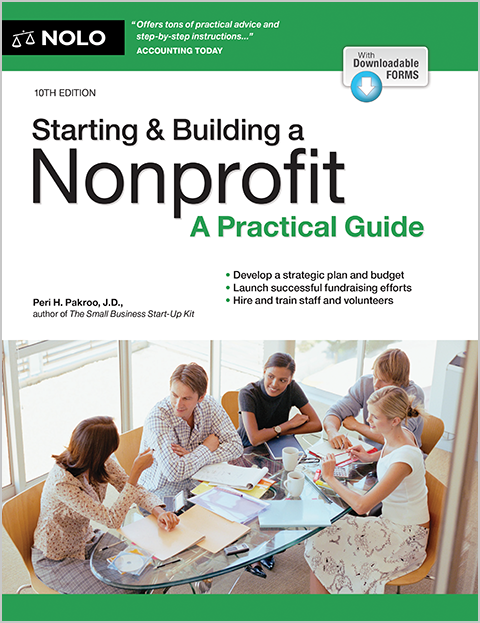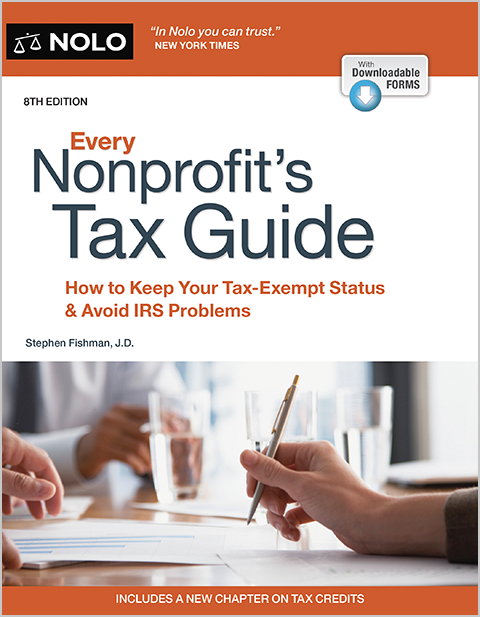Although the terms are often used interchangeably, there are important differences between a board of trustees and a board of directors.
While some organizations may use the terms "directors" and "trustees" interchangeably to describe the individuals serving on a nonprofit board, a board of trustees is technically different than a board of directors. While a board of directors governs a nonprofit, a board of trustees is responsible for governing a charitable trust, foundation, or endowment.
Overview of Charitable Trusts, Foundations, and Endowments
To understand the role of a trustee, it is helpful to first understand the purpose and roles of trusts, foundations, and endowments. A charitable trust is a legal instrument where the donor signs over assets to a third party, known as a trustee, for the benefit of a charity and anyone else the donor specifies. This provides tax benefits for the donor, and also allows the donor to have control over how assets are distributed.
Charitable foundations serve a similar purpose. The main difference is that while a charitable trust consists of donations from a single individual, a charitable foundation can have contributions from many donors. Like a trust, a foundation offers tax benefits to the donors. The foundation may have a particular charitable project or enterprise, or they may primarily give grants to charities.
Similarly, you often find a board of trustees at universities. Instead of a charitable trust, these trustees are tasked with managing an endowment, which is a portfolio of donated assets that provides investment income for the university. In this context, the board may also serve as the governing body for the university. It is often the board of trustees that sets the annual budget and makes policy decisions for the school.
The Role of Trustees in a Nonprofit
The role of a board of trustees is similar to a board of directors on a nonprofit. Like a board of directors, the board of trustees is also tasked with strategic planning, setting policies, fundraising, and oversight of the charitable project. However, there are foundations and trusts that do not deal with the operation of a nonprofit but simply manage funds to distribute to other charities. In these cases, the role of the trustee would be more limited to managing the assets and determining how to distribute funds.
In addition, trustees have the additional responsibility of managing assets. This may include receiving charitable contributions, making investment decisions, handling taxes, and distributing assets to one or more beneficiaries in accordance with the rules of the trust.
Duties and Responsibilities of Trustees
Both board directors and trustees have particular duties and responsibilities to the organization. However, trustees are regulated by state trust law, which tends to put trustees at a higher standard than board directors. For example, directors are typically only personally responsible for willful misconduct or gross negligence, while a trustee may be responsible for simple negligence, even if in made in good faith. In other words, a trustee could be held personally liable for a poor investment decision, while a director would only responsible for a reckless investment.
All board members owe fiduciary duties, including the duty of care, loyalty, and obedience. These duties mean that the individual must put the nonprofit before personal interests, take care in making decisions for the organization, and carry out the mission of the nonprofit. However, trustees are typically held to a higher standard of care.
For instance, every director must disclose to the nonprofit board if a decision would benefit the director personally, such as the nonprofit signing a contract with a business a director owns, resulting in the director receiving a financial gain. However, the other directors may decide to take on the contract, so long as it is in the best interest of the nonprofit. For a trustee, any kind of self-dealing is typically prohibited, even if the other trustees agreed to go forward with the decision.
Forming a Board of Trustees
The creation of a Board of Trustees should begin with the creation of the trust, foundation, or endowment. To avoid confusion, it is recommended that you use the appropriate terms when creating your boards, meaning that you should not create a board of trustees to manage a nonprofit, nor create a board of directors to manage a trust. However, the terminology may differ depending on the laws of your state. If in doubt, consult with an attorney in your area.
The structure of the board will be determined by the laws of the state, but also the nonprofit's bylaws and articles of organization, and the terms of the trust or other legal instrument. State law may mandate a minimum number of trustees, and what board positions must be filled, such as the chair, secretary, or treasurer. The bylaws and trust terms may specify the board size, how individuals are appointed, and the duration of the term.
The same considerations that go into forming a board of directors should go into creating a board of trustees. You want people on the board who are committed to the mission of the organization and have a diverse background. Because of the additional responsibilities in managing the assets and the fiduciary duties, you should also consider whether candidates have the appropriate financial or legal background and experience.



